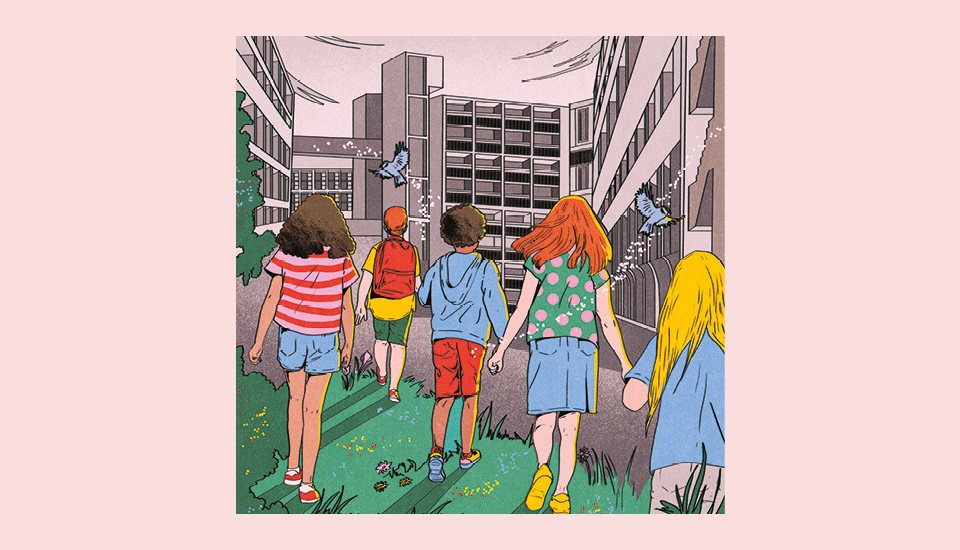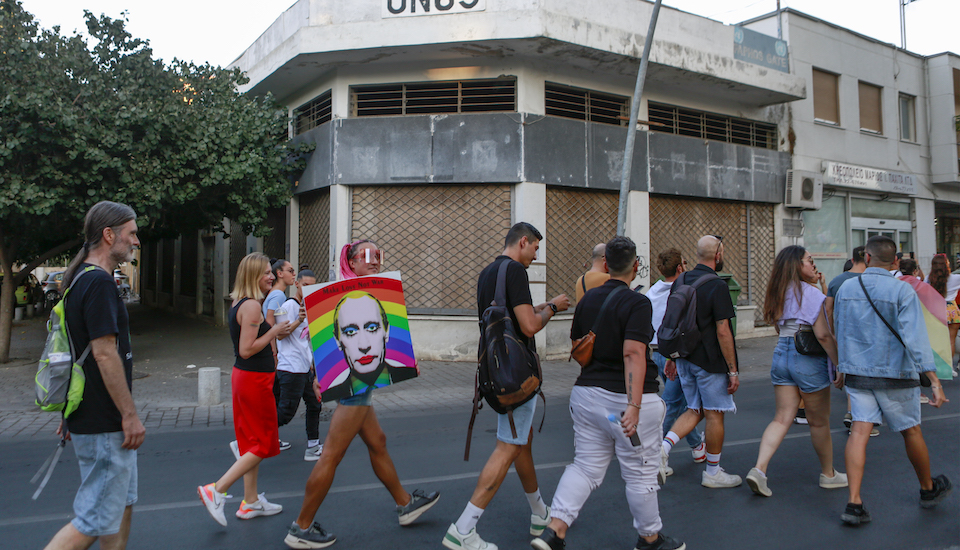Even if you aren’t a regular concert-goer, music is around you all the time. Music can inspire us, cheer us up, bring us down and make everyday life more colourful and enjoyable. Music can bring us together and help us connect. With so much influence on our lives, it is time we started seriously asking the question: who writes the music we listen to?
The numbers are bleak. New research by Donne UK (a charity that exists to celebrate, advance and amplify women in music) analysed composers’ works scheduled for the 2020-2021 season in 100 orchestras from 27 countries. The results show that only 11% of the scheduled concerts worldwide included any compositions by women. 89% included solely compositions written by men.
Only 747 (5%) out of the 14,747 compositions scheduled throughout the season, were composed by women. One alarming fact is that only 1% of the pieces were composed by Black and Asian women and only 2% by Black and Asian men.
This means that when we go out for an evening of culture, you are most likely going out for an evening of music written by white men. Now, some of my favourite music was written by white men, but if it is all that venues/radio stations offer, then everything else doesn’t stand a chance of becoming our favourite music.
Although the numbers for pop music are a little better, with 18% of the most played songs written by women (Donne also analysed top 100 singles in the UK charts), we paid close attention to producers. Only 2% of producers were female, and less than 1% of them were Black and Asian women. Let us remember these numbers the next time someone says that lack of diversity is no longer a problem.
These numbers matter not just to the composers and artists who do not get the recognition they deserve and who are denied opportunities to earn from their talent, but to all of us who love music. When we are listening to the same things over and over, we are all poorer for it, as we miss out on the wonderful talent of people from different backgrounds.
Numbers might get even bleaker. The Covid-19 pandemic has had a disastrous effect on the music industry. We fear that, as venues that have lost so much of their revenue, they will play it safe and continue to put on music that has sold well previously.
Audiences are diverse so music must be too. We are hugely sympathetic to the struggle of re-opening and taking risks but for the ‘new normal’ to be inclusive we need to do better in all aspects of life, including on what we give our attention to and what we invite people to spend their money on. If we carry on only giving 95% of our attention (and our money) to music written by white men, their cultural dominance will continue, while talented people elsewhere will continue to be ignored, and some might not be able to afford to continue writing music for us at all. For music to be a powerful instrument for social change it can’t be just music written by a small section of people.
But do women even write music?
Many people cannot name even one female composer and some might even ask: do women even write music or is it solely an interest and profession of men? The answer, of course, is that women have always been writing music, we just do not hear it enough. For centuries, music has been a symbolic glue connecting society and bringing people together irrespective of background. More than ever, our stages and concert halls need to be places of inspiration and inclusion, opening doors to all, irrespective of gender, race and class.
Donne UK provides a free list of over 5,000 women composers (pre-medieval to the twenty-first century) and this list is constantly expanding. The Donne research provides a handy list of orchestral pieces by women and a link to YouTube playlists that can help us all educate ourselves and explore more amazing music. Donne Insta page is a delight to follow and offers bite-sized introductions to diverse composers.
We can all challenge the status quo by inviting our teachers, radio stations, orchestras, DJs to be more inclusive and to give us options to listen to the music that was written by people from all over the world. We can also challenge ourselves by asking: who wrote the majority of music in our playlists? With a little bit of effort in exploring talent that was previously hidden from us, we can enrich our lives and make a difference in the landscape of music.
Olga Ivannikova FRSA is a trustee of the Donne Foundation and a Founder of Private Goodness, an award-winning social and environmental impact consultancy that sponsored the latest Donne Diversity and Inclusion research.
Gabriella Di Laccio is a multi-award-winning soprano, recording artist, curator, and activist, who has become one of the leading voices on the fight for gender equality in music. Listed as one of the BBC’s 100 most inspirational and influential women in the world, Gabriella is also the founder and curator of the Donne Foundation, an internationally recognised initiative that celebrates, advances, and amplifies women in music.

Become an RSA Fellow
The RSA Fellowship is a unique global network of changemakers enabling people, places and the planet to flourish. We invite you to be part of this change.
Related articles
-
Young at heart
Journal
Jonathan Prosser
Becoming a nation with children at its centre in 10 courageous steps.
-
Open RSA knowledge standards
Blog
Alessandra Tombazzi Tom Kenyon
After investigating ‘knowledge commons’, we're introducing our open RSA standards and what they mean for our practice, products and processes.
-
Worlds apart
Comment
Frank Gaffikin
We are at an inflexion point as a species with an increasing need for collaborative responses to the global crises we face.





Be the first to write a comment
Comments
Please login to post a comment or reply
Don't have an account? Click here to register.